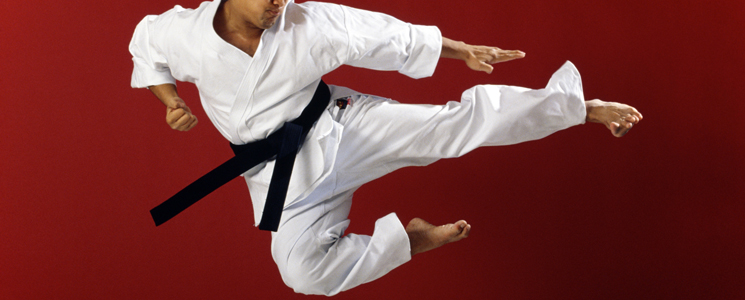
Working out the Stagnation
A couple of years ago I stopped taking improv workshops. It wasn't a conscious choice, I just didn't. Not coincidentally, when I performed – which I continued to do regularly – the risk, discovery and joy decreased. My performances suffered from something I now recognize as stagnation.
I've moved beyond that phase – I now frequently teach locally and internationally. And, as I spend more of my time developing and leading workshops, I'm also participating in as many as I can. I've been loving all of it, and the joy and risk have returned onstage.
This renewed emphasis on training has reminded me of something quite basic: the workshop space is an important part of any practice. It's where we're encouraged to make mistakes, and be introduced to, and really play with, new elements. We meet and play with people whom we might not otherwise get a chance to, we sample new techniques and ideas, and then assess and adopt (or reject) these teachings.
Subtle Alterations
Of course, those new elements introduced in the workshop, be they in an approach to character, or story, or ways to relate to your scene partner, or even things like Shakespearian language, may not make it into the show you're doing that night. But they shift your boundaries, reinforce or challenge what you already know, and influence your process. And once they're part of your process they will eventually find their way into your product.
For example, maybe iambic pentameter from an afternoon's Improvised Shakespeare workshop won't become part of your show that night. But if you do play a Shakespeare scene you will be able to put some of the teaching right into action.
In addition – and this is unavoidable, you'll have a heightened awareness of the rhythms of language. Maybe your turns of phrases will become more considered, more poetic. Like morning sun glistening on a dewy rose blossom. Or something along those lines.
And that awareness of language, or sensitivity to body language won't exist only when you're on stage. Because the practice of something, in addition to being enjoyable in itself, has positive impacts that resonate far beyond their intended usage. It's impossible to stagnate when we're constantly being challenged. I have an appropriate example.
The Improv Dojo
Towards the end of my period of improv listlessness I began training in London at Master Chang's Hapkido Academy, earning my green belt before I moved to Amsterdam. What Hapkido instilled in me – besides discipline, flexibility and a ferocious neck attack – was a renewed love for practicing and studying.
I enjoyed the trainings immensely, and felt challenged and stimulated by them, plus I met some wonderful people in the dojang. I trained twice a week, almost without fail, for nearly a year. Through that practice I rediscovered the joy of studying and training. And without making a conscious choice, I stopped neglecting my improv, and I started studying and teaching more.
The interesting thing is that, upon reflection, deciding to re-immerse myself in improv wasn't actually a conscious choice, I just did it. Like in martial arts, I didn't think about it, I just responded reflexively.
The Takeaway
And just as my martial arts training led to my choice to reinvest in my improv, so the content of an improv workshop will influence not just your performances: it will also seep into your real life. And the process also works the other way. If you spend your outside-of-improv time being lazy or bitter or locked in a negative mindset, that will inescapably seep into your performances. Even worse, it will probably affect the dynamics of your group.
Even if you don't do anything negative, you just stick with your regular life and normal habits and routines, and regular rehearsals with your group, the buzz will lessen and things will eventually stagnate.
The good news is that if you spend even a little bit of your offstage life trying new things that scare you, challenging yourself, and expressing dedication to what's important in your life, that will have a positive effect on your performances. You'll also enjoy your life more, because you'll be doing cool things and meeting interesting people.
The Stag Nation might be an acceptable name for a group of male deer enthusiasts, but it's nothing to aspire to in improv or life.
· · ·